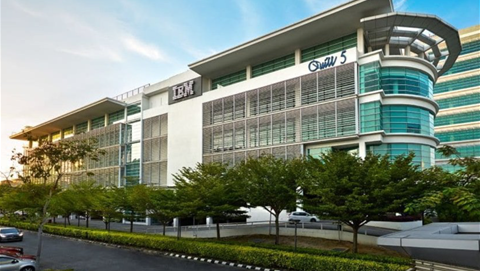The COVID-19 pandemic has prompted governments across the globe to increase their digitalisation efforts, with more services being delivered online to cater to the remote working situation.
However, this push to increase the digitisation of services run the risk of alienating large numbers of their citizens due to concerns about data privacy what with a much larger volume of citizens’ data being collected.
According to an EY survey conducted by Ipsos MORI of 12,100 respondents across 12 countries – How can digital government connect citizens without leaving the disconnected behind?” – more than half (53%) of respondents say that privacy and security risks around how their data is shared outweigh the benefits.
46% of the respondents think that data should not be shared between the public and private sector, with only 29% responding that it should be shared. On the other hand, 41% think that data should not be shared within the public sector, while only 33% believe that it should be shared.
Almost three-quarters of respondents (72%) are opposed to governments selling their personal data to a private sector company, even though the objective for doing so is to fund better public services or tax cuts.
“The benefits of a more digital state, including increased efficiency, better value for taxpayers and better quality of service for citizens, will be significantly reduced if large segments of the population aren't convinced of them and are at risk of disengaging from increasingly digitised public services,” said Arnauld Bertrand, EY Global Government & Public Sector Consulting Leader.
“Many individuals could potentially be alienated, which could quickly become a dangerous problem for citizens, governments and society as a whole."
Tech adoption tainted by mistrust
Despite the optimistic results that the technology improves quality of life (72%), there are still significant concerns about its broader impact. Many believe that increased use of technology will potentially widen social inequalities, with 32% stating that technology will lead to greater social inequality, and 34% stating that technology gives more power to those who are already rich and powerful.
There are further concerns around the impact of increased reliance on technology as a means for communication on social cohesion. Globally, 32% of citizens believe technology will make people feel less connected to their communities. Regardless, demand still exists to further develop people's digital skills. 61% responded that they would likely use government training schemes that improve their digital skills if they were available.
"Digitisation is here to stay, and during this crisis many have experienced its amazing potential to improve public services, maintain social connections and keep countries working. But there is clearly a long way to go in communicating these benefits to citizens and addressing their concerns,” said Bertrand.
“In a more connected world, some of the most vulnerable groups are at risk of becoming more isolated through the loss of physical support networks. Governments should demonstrate that they can be trusted to deliver safe, secure and improved digital services that will benefit all citizens. Just as importantly, they need to bring their citizens with them; access and skills are just as vital as the services being available in the first place."










